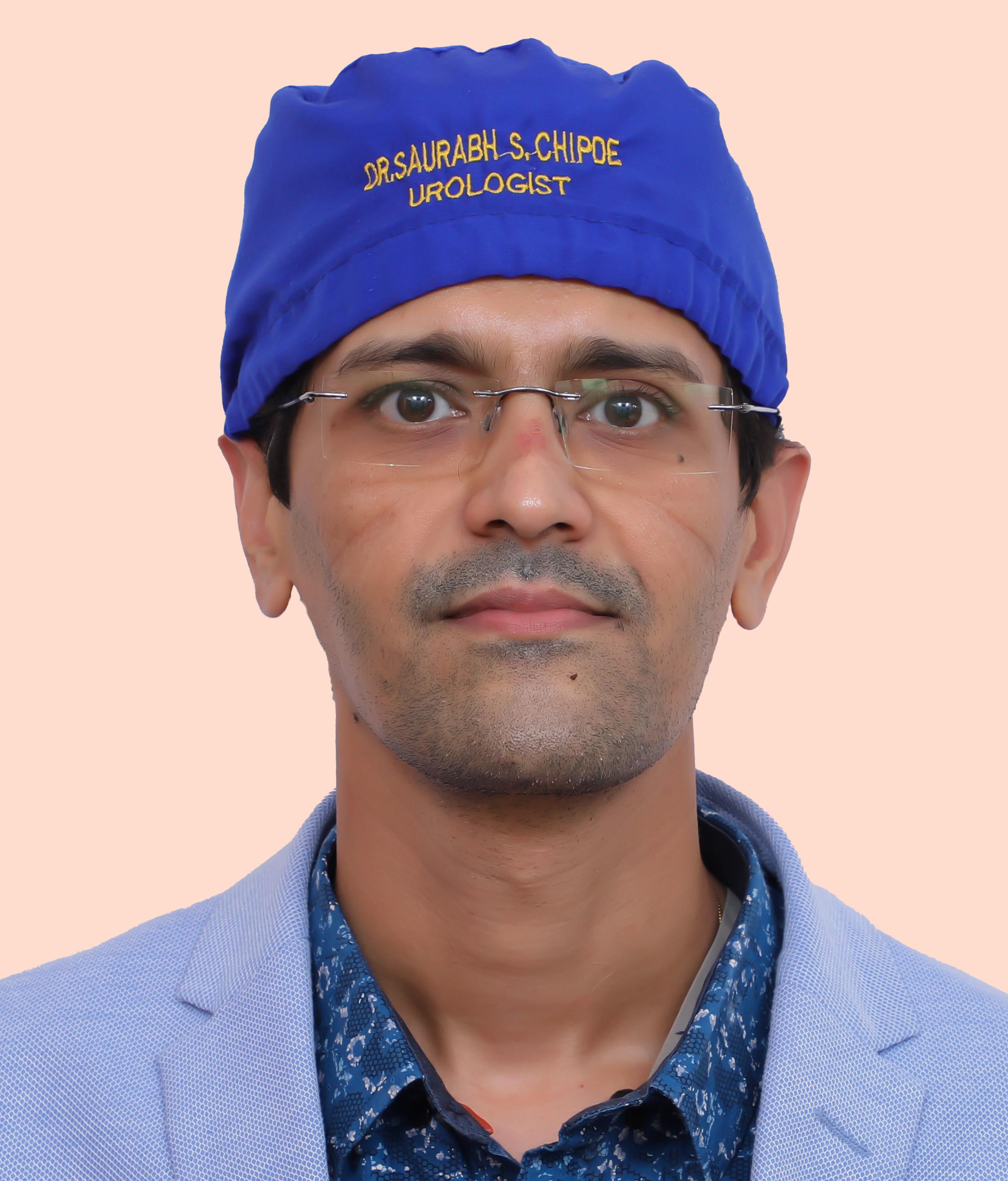Conditions for which PCNL is Performed:
The common conditions that warrant a PCNL procedure include:
1. Large Renal Stones: A large stone can obstruct urine flow, causing pain and potential kidney damage. PCNL effectively removes these stones.
2. Staghorn Calculi: PCNL demonstrates high success rates in treating large kidney stones known as staghorn calculi, which obstruct multiple branches of the kidney’s collecting system.
3. Abnormal Kidneys: Some individuals may have anatomical abnormalities that make other procedures less effective or feasible. In such cases, PCNL is often recommended as it provides direct access to the kidneys.
4. Hardened Stones: Extremely hard stones may be resistant to other treatments but can be successfully managed with PCNL.
5. Recurrent Stones: Patients who experience recurrent kidney stones may benefit from PCNL, as it offers a long-term solution by removing the existing stones.
How is PCNL Conducted at Apollo Hospitals in Indore?
The following steps are typically involved in a PCNL procedure:
1. Anaesthesia: The patient is placed in a prone position under general anaesthesia.
2. Incision: A small incision is made on the back.
3. Stone Removal: A tube is inserted into the kidney with the assistance of X-ray imaging and a small telescope is threaded through the tube to observe the stone, fragment it, and extract it from the body.
4. Drainage: Following the procedure, a drainage tube and urethral catheter are retained to facilitate urine drainage.
5. Recovery: After undergoing surgery, patients receive post-operative care instructions and can usually resume their normal activities within a week.
How to Choose the Best Specialist for PCNL in Indore?
When it comes to a refined procedure like PCNL, it’s crucial to choose accomplished kidney stone specialist doctors with extensive knowledge and expertise. In Indore, some of the most proficient PCNL surgery doctors have undergone rigorous training and have successfully conducted numerous PCNL procedures throughout their careers.
Their prowess ensures a high level of care and excellent outcomes for patients. With these expert lithotripsy doctors at your disposal, you are guaranteed optimal results in your battle against kidney stones.
Why Plan your PCNL with Apollo Hospitals?
At Apollo Hospitals, Indore, patients can expect an amalgamation of world-class facilities and superior medical expertise. The team of skilled PCNL surgery doctors and healthcare professionals strives to deliver comprehensive care at every step of your journey.
From pre-procedure assessments to post-operative follow-ups, you can trust Apollo Hospitals to provide patient-centred care through innovative techniques and advanced technology. Consult a lithotripsy doctor at Apollo Hospitals today and take a step towards better health.






 Call Now
Call Now



